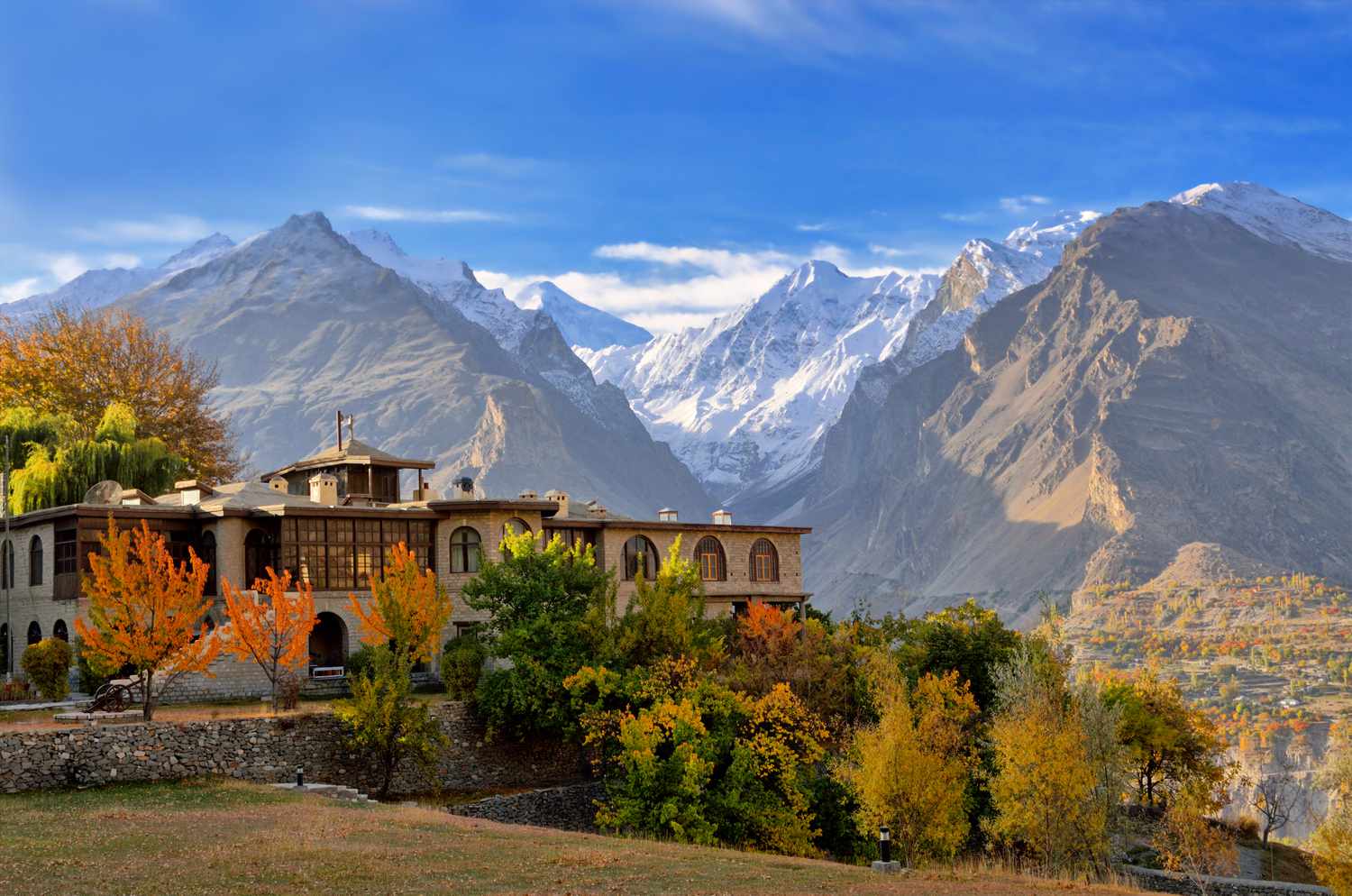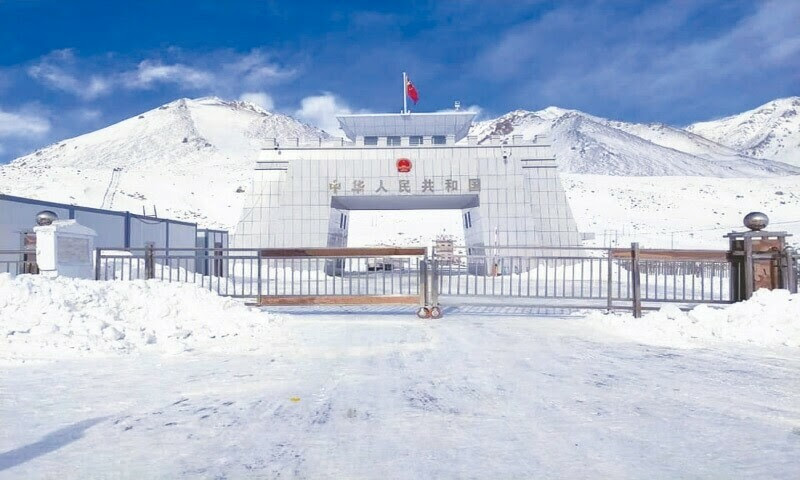The Ultimate Travel Guide to Hunza Valley, Pakistan
Hunza Valley, nestled in the northern region of Gilgit-Baltistan, Pakistan, is a paradise for travelers seeking breathtaking landscapes, cultural richness, and adventurous experiences. Known for its towering peaks, crystal-clear rivers, and hospitable locals, the Valley of Hunza is an ideal destination for nature lovers and cultural enthusiasts alike.
This guide provides everything you need to know about exploring the Hunza Valley—from must-visit attractions to practical travel tips.
Introduction to Hunza Valley
The Hunza Valley Pakistan is located along the ancient Silk Road and is renowned for its scenic beauty and historical significance. Surrounded by snow-capped mountains like Rakaposhi, Ultar Sar, and Passu Cones, this valley of Hunza is a dream destination for photographers and adventure seekers.
Key Highlights:
- Elevation: Approximately 2,438 meters (7,999 feet) above sea level.
- Best Time to Visit: April to October for lush greenery or autumn foliage. Winters offer a magical snowy landscape.
How to Get to Hunza Valley
By Air:
The nearest airport is in Gilgit, a 1-hour flight from Islamabad. From Gilgit, it’s a 2-3 hour drive to Hunza Valley Gilgit Baltistan.
By Road:
Traveling by road via the Karakoram Highway offers stunning views. The journey from Islamabad to Hunza takes about 15-18 hours.
Top Attractions in Hunza Valley
1. Baltit Fort
A 700-year-old historical marvel in Hunza Valley Pakistan, this fort showcases the rich history of the region. Perched on a hill, it offers panoramic views of the valley.
2. Altit Fort
Another gem of the valley of Hunza, Altit Fort is even older than Baltit and stands as a testament to the region’s architectural heritage.
3. Attabad Lake
Formed after a landslide in 2010, this turquoise lake is a must-visit for boating, jet-skiing, and stunning reflections of the surrounding peaks.
4. Passu Cones
The iconic Passu Cones are among the most photographed landmarks in Hunza Valley Gilgit Baltistan. Their jagged peaks rise dramatically against the sky.
5. Khunjerab Pass
At 4,693 meters, this is the highest paved border crossing in the world, connecting Pakistan to China. A must-visit for its breathtaking scenery.
Cultural Experiences in Hunza Valley
The people of the Hunza Valley are known for their longevity and vibrant traditions. The Wakhi and Burusho communities have unique languages, music, and dance forms.
Must-Try Foods:
- Chapshuro: A meat-filled pastry.
- Diram Fitti: A local bread made from sprouted wheat.
- Apricot Jam: Made from the valley’s famous apricots.
Cultural Tip: Respect local traditions and ask for permission before photographing locals.
Adventure Activities in Hunza Valley
1. Trekking
The Valley of Hunza is home to some of the most stunning treks:
- Ultar Meadows Trek: Moderate trek with breathtaking views.
- Rush Lake Trek: Leads to one of the highest alpine lakes in the world.
2. Rock Climbing
Try climbing near the Passu Glacier, a hotspot for adventure enthusiasts.
3. Paragliding
For an aerial view of Hunza Valley Pakistan, paragliding is a thrilling option.
Where to Stay in Hunza Valley
Luxurious Options: Serena Hotel Hunza offers world-class amenities with a touch of local architecture.
Budget-Friendly: Hunza View Hotel or local guesthouses provide cozy stays at affordable prices.
Suggested Picture: A view from a hotel balcony overlooking the valley and Rakaposhi.
Travel Tips for Hunza Valley
- Weather: Bring layers as temperatures vary widely, especially at night.
- Connectivity: Internet access can be patchy; plan accordingly.
- Currency: Carry cash as ATMs are scarce in remote areas.
- Local Guide: Hiring a guide enhances the experience and ensures you don’t miss hidden gems.
Conclusion
The Hunza Valley, with its ethereal beauty and warm culture, promises an unforgettable experience. Whether you’re exploring ancient forts, trekking through majestic landscapes, or immersing yourself in local traditions, the valley of Hunza has something for every traveler.
So, pack your bags and set out on an adventure to Hunza Valley Gilgit Baltistan—a destination that will leave you mesmerized!













